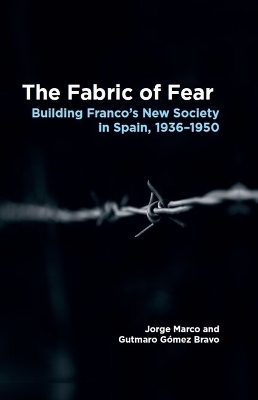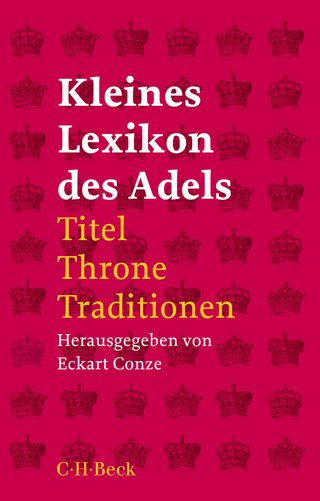
The Fabric of Fear
Building Franco's New Society in Spain, 1936-1950
Seiten
2023
Liverpool University Press (Verlag)
978-1-78976-106-1 (ISBN)
Liverpool University Press (Verlag)
978-1-78976-106-1 (ISBN)
The Fabric of Fear deals comprehensively with the process of Francoist state- and nation-building in Spain. Franco’s chosen tools were mass repression and ‘cleansing’, undertaken both during the battlefield war of 1936–39 and in the decade afterwards, when ‘war’ against defeated constituencies continued by institutional means. Mobilising its grass roots supporters made them complicit in the state's project. The complex process of ‘cleansing’ and ‘conversion’ of the political ‘enemy’ required classifying soldiers from the defeated Republican army and Republican-zone civilians into ‘pro-Franco’, ‘indifferent’, or ‘internal enemy’. Many of the latter were either extrajudicially murdered or executed after cursory military trials. Classification used ultra-traditionalist Catholic means, including segregation and forced ‘conversion’. The new society programme implemented between 1936 and 1950 was applied nation-wide to political activists, members of Republican parties, labour organisations, and (poor) urban and (landless) rural social constituencies. The Francoist project adapted to the changing national and international contexts across the period 1936–1950: from a civil war; through the period of relations with the Axis powers at the same time as receiving Nazi assistance in building up Franco’s police force as an agent of repression; to the transformation of Franco into an anti-Communist client of the Cold War West. The Fabric of Fear addresses the social effects of the ‘cleansing’ process on both ‘victors’ and ‘vanquished’. On the one hand, Franco’s violent policy forged a new society and tightened the links between the regime and its social base. On the other hand, the violence and coercion exerted on the ‘vanquished’ resulted in their civil and legal death: they were expelled from Franco’s national community and deprived of all rights in what became de facto an apartheid society in Spain.
Jorge Marco is a lecturer in Spanish Politics, History and Culture at the University of Bath. He is the author of several books and articles on Francoist violence, anti-Francoist resistance and traumatic memory. Gutmaro Gomez Bravo is a Professor of Modern and Contemporary History at Universidad Complutense de Madrid.
| Erscheinungsdatum | 03.01.2023 |
|---|---|
| Reihe/Serie | LSE Studies in Spanish History |
| Verlagsort | Liverpool |
| Sprache | englisch |
| Maße | 147 x 210 mm |
| Themenwelt | Geisteswissenschaften ► Geschichte ► Regional- / Ländergeschichte |
| Geschichte ► Teilgebiete der Geschichte ► Kulturgeschichte | |
| Geschichte ► Teilgebiete der Geschichte ► Militärgeschichte | |
| Sozialwissenschaften ► Ethnologie | |
| Sozialwissenschaften ► Politik / Verwaltung ► Politische Systeme | |
| Sozialwissenschaften ► Soziologie | |
| ISBN-10 | 1-78976-106-9 / 1789761069 |
| ISBN-13 | 978-1-78976-106-1 / 9781789761061 |
| Zustand | Neuware |
| Haben Sie eine Frage zum Produkt? |
Mehr entdecken
aus dem Bereich
aus dem Bereich
der stille Abschied vom bäuerlichen Leben in Deutschland
Buch | Hardcover (2023)
C.H.Beck (Verlag)
23,00 €
eine Geschichte der Welt in 99 Obsessionen
Buch | Hardcover (2023)
Klett-Cotta (Verlag)
22,00 €
Titel, Throne, Traditionen
Buch | Softcover (2023)
C.H.Beck (Verlag)
19,95 €


